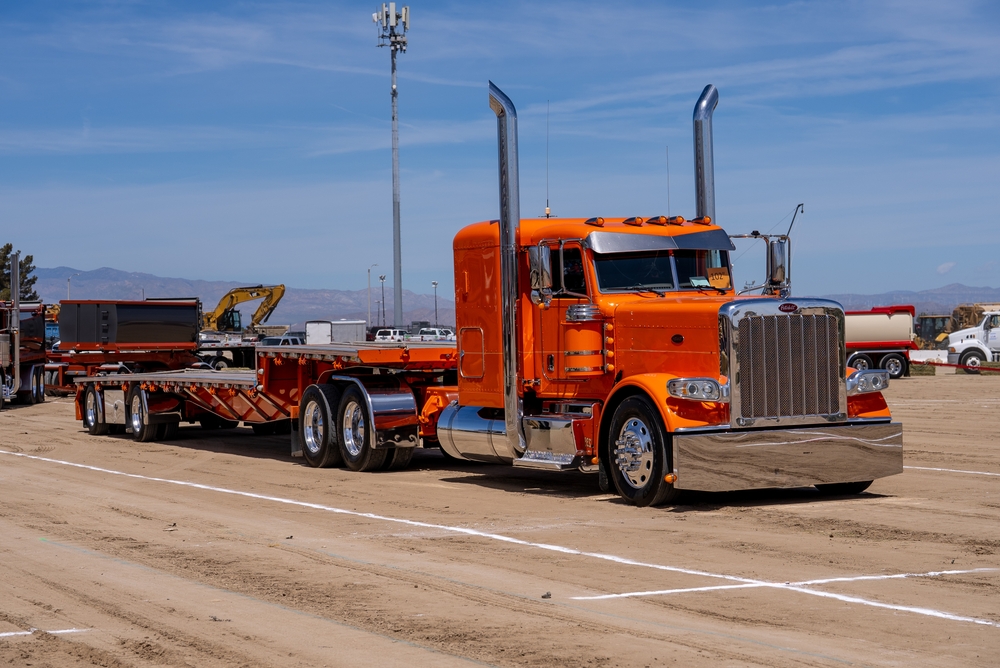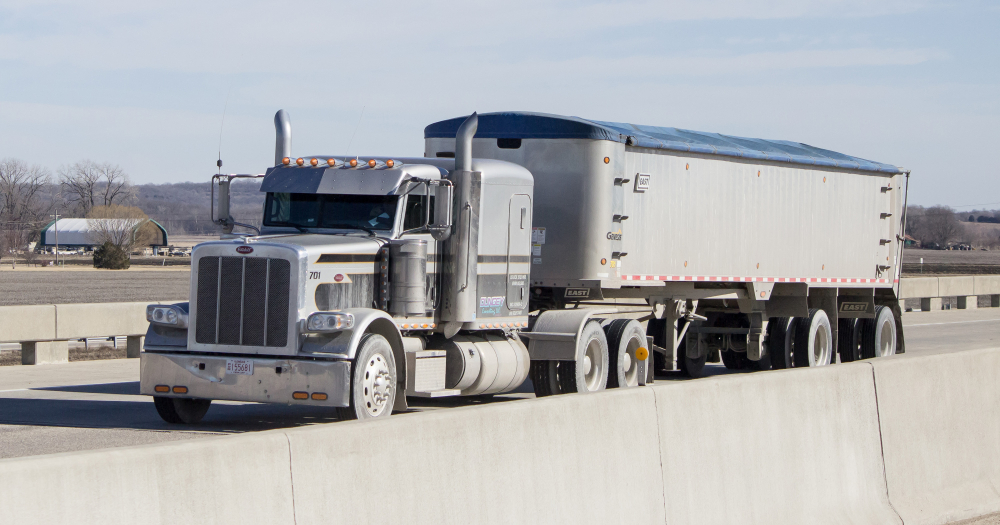
Cargo theft has become one of the most urgent threats facing the trucking and logistics industry. In 2024, cargo theft incidents surged to 3,625 across North America, up 27% from the previous year, with stolen freight totaling $455 million, according to Verisk CargoNet. By the third quarter of 2025, losses topped $111 million, making it one of the most expensive quarters ever recorded.
But those numbers barely scratch the surface — cargo theft is widely underreported, and criminal groups are becoming more organized, more technologically advanced, and more difficult to detect. Thieves now use sophisticated deception, cyber-enabled fraud, and targeted attacks on freight they know they can quickly resell.
To combat this growing threat, fleets need a layered, modern cargo security strategy that combines technology, training, cyber protection, and strong partnerships. Below are five essential strategies every fleet should implement.
1. Take a Layered, Risk-Based Security Approach
No single tool can stop cargo theft. A strong defense requires multiple layers of protection, including:
- Clear security processes and procedures
- Physical security tools such as seals, locks, and tamper-resistant devices
- Technology solutions, including GPS tracking and geofencing
- Reinforced cybersecurity practices
Security measures should match the value and risk of the load. For example:
- Pharmaceutical loads often use team drivers, continuous movement, and strict monitoring.
- High-value goods like copper, electronics, or vehicle parts require tighter controls.
Criminals also shift targets based on market value — copper theft, for instance, rose 61% in early 2025 as metal prices increased.
2. Use Technology for Real-Time Visibility
Technology is one of the most effective cargo theft prevention tools. Key systems include:
- GPS tracking & telematics: Monitor location, speed, idle time, and detect route deviations.
- Geofencing alerts: Warn you instantly if a truck exits a safe route or enters a high-risk zone.
- Remote engine shutdown tools: Allow fleets to disable a stolen truck.
- In-cab cameras: Used by 63% of fleets in 2025, cameras deter theft and support investigations.
Thieves target certain regions repeatedly — California, Texas, and Illinois account for nearly half of all cargo thefts — so route planning and real-time monitoring are critical.
3. Train Drivers to Be Your First Line of Defense
Drivers are the most important asset in preventing theft. Effective security requires:
- Background checks during hiring and ongoing screenings
- Training on secure parking, avoiding isolated rest areas, and choosing safe travel centers
- Understanding theft patterns — theft spikes on Fridays, especially for loads parked over the weekend
- Knowing how to identify suspicious vehicles that may be trailing them
- Avoiding public discussions about cargo contents
“Freight at rest is freight at risk,” and drivers must know how to minimize downtime and exposure.
4. Strengthen Cybersecurity and Identity Verification
Cargo crime has shifted online — criminals now impersonate carriers, drivers, or brokers to steal loads through double brokering, identity theft, and fraudulent documents.
Fleet operators should:
- Use strong, unique passwords and individual login credentials
- Verify broker and shipper identities through official domain URLs
- Vet partners using FMCSA’s SAFER system
- Be cautious of unusual payment methods like Venmo or cash
- Implement cybersecurity training for staff and drivers
Real-world cases show how damaging cyber fraud can be — in Texas, a carrier’s identity was stolen, allowing thieves to steal truckloads of Red Bull and trick other carriers into unpaid work.
5. Partner With Brokers and Carriers That Prioritize Security
Trustworthy partners dramatically reduce risk. A reputable broker will:
- Carefully vet shippers and carriers
- Use industry-standard onboarding providers
- Work with groups like CargoNet, TAPA, or Overhaul
- Maintain strong insurance coverage
- Offer fast support during theft investigations
- Help schedule loads to avoid unnecessary stops and weekend delays
Larger brokers often have direct law enforcement contacts and the financial strength to support carriers when theft occurs.
Source:











Leave a Comment